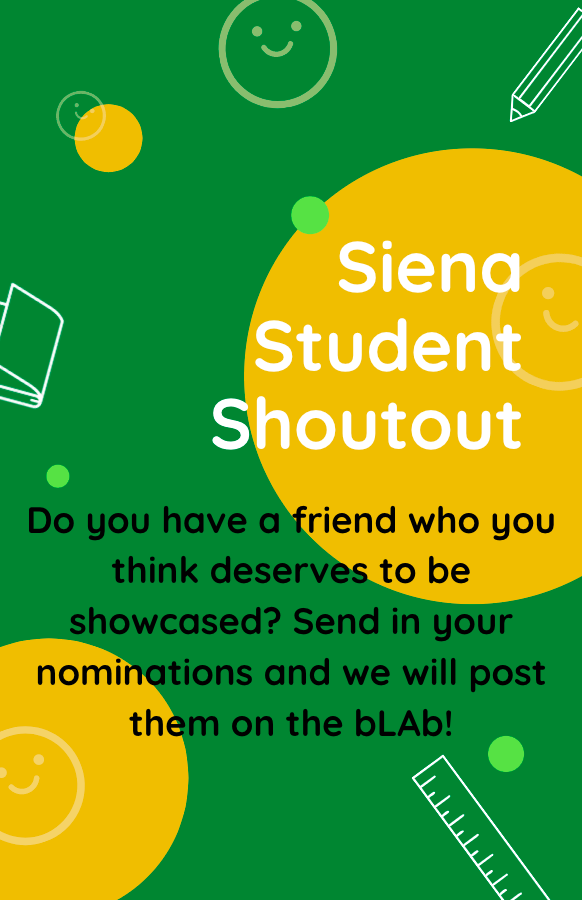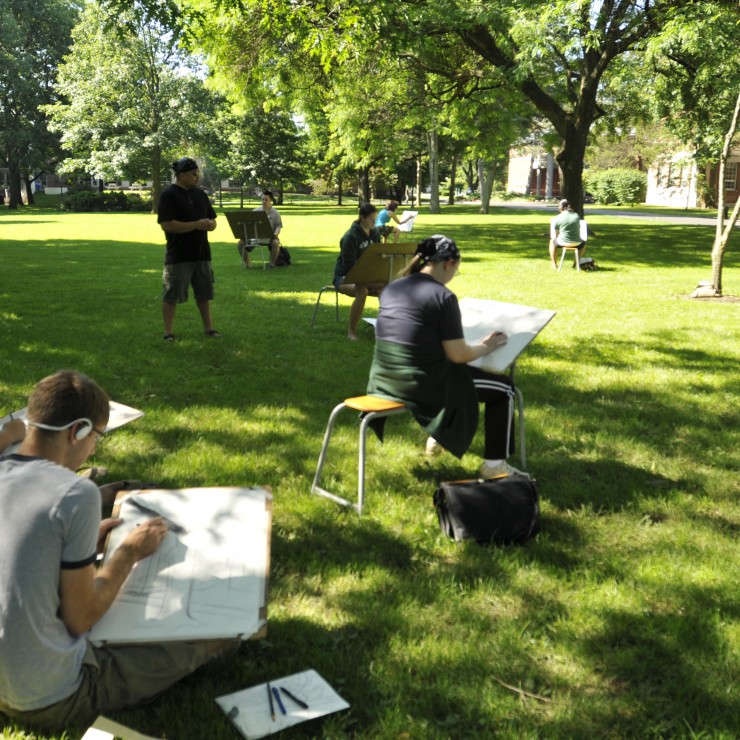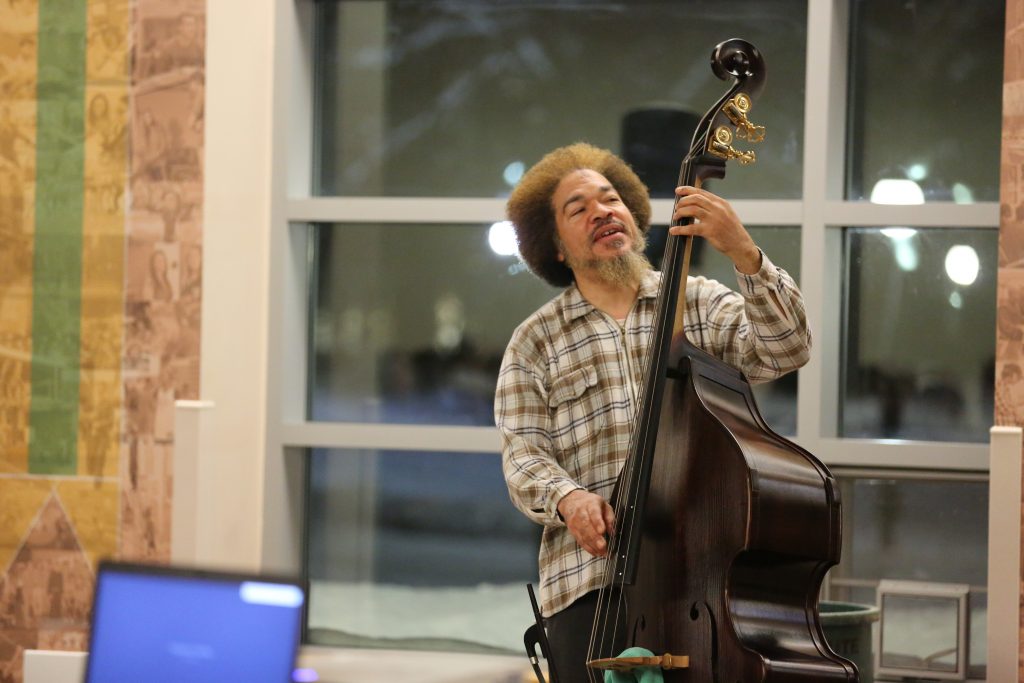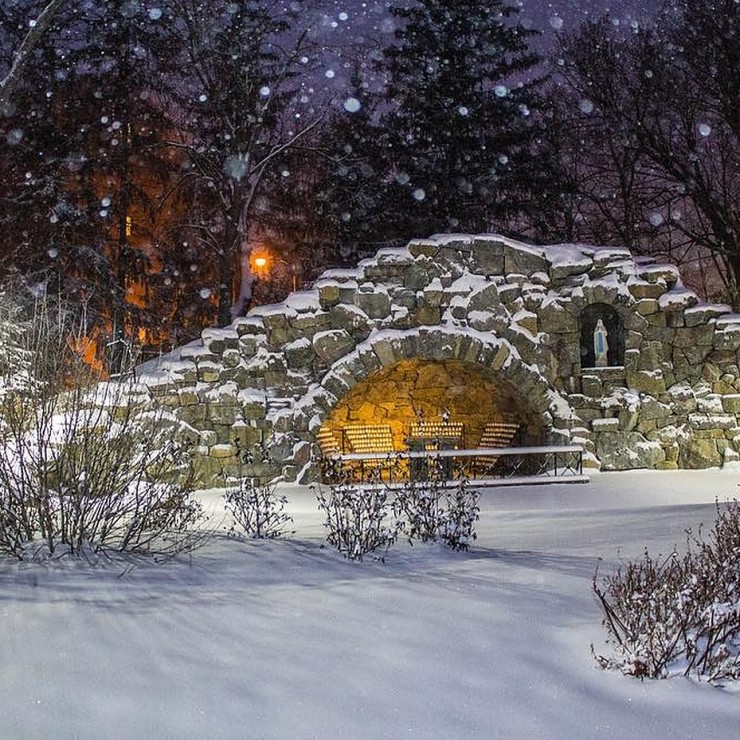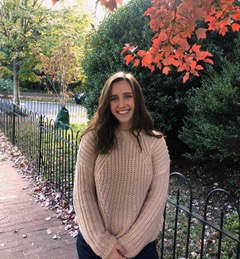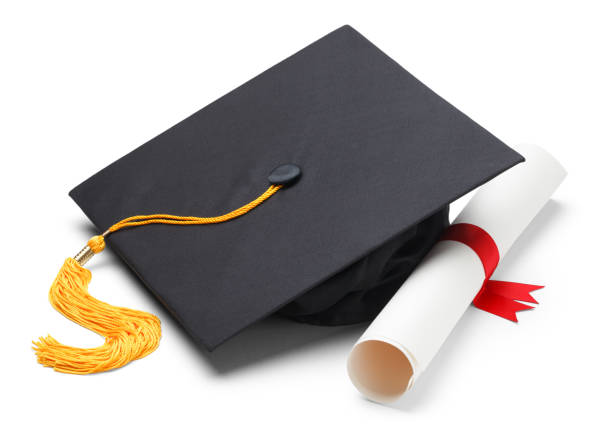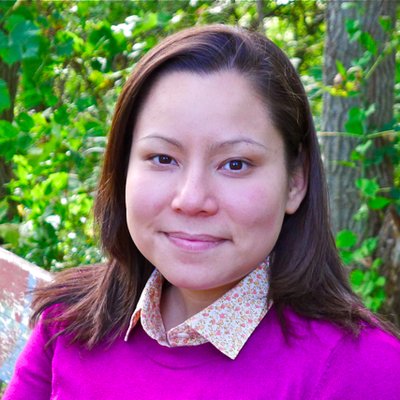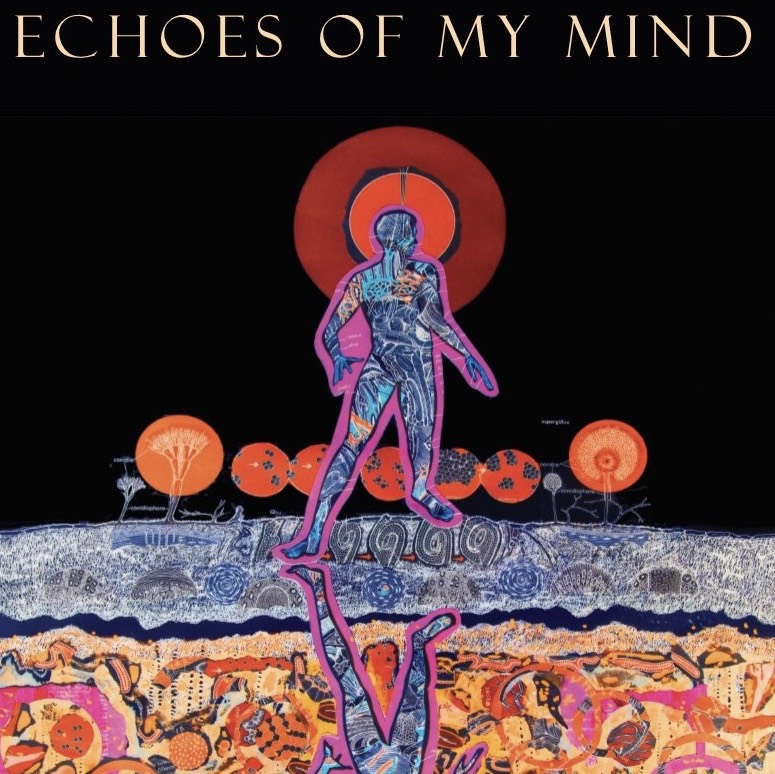By Jillian Fiddler
Every year we like to take the time to dedicate the bLAb to welcoming the students and families of the incoming class. Siena College is a community with strong and adaptive individuals who learn from each other and use this safe environment to grow into their own people. I am excited that I will get the opportunity to watch this new class come onto campus and find their way, just as everyone before them has done. That being said, I understand that the last couple of years have not been easy for anyone, but I feel this has aided in our school shaping such resilient and independent students.
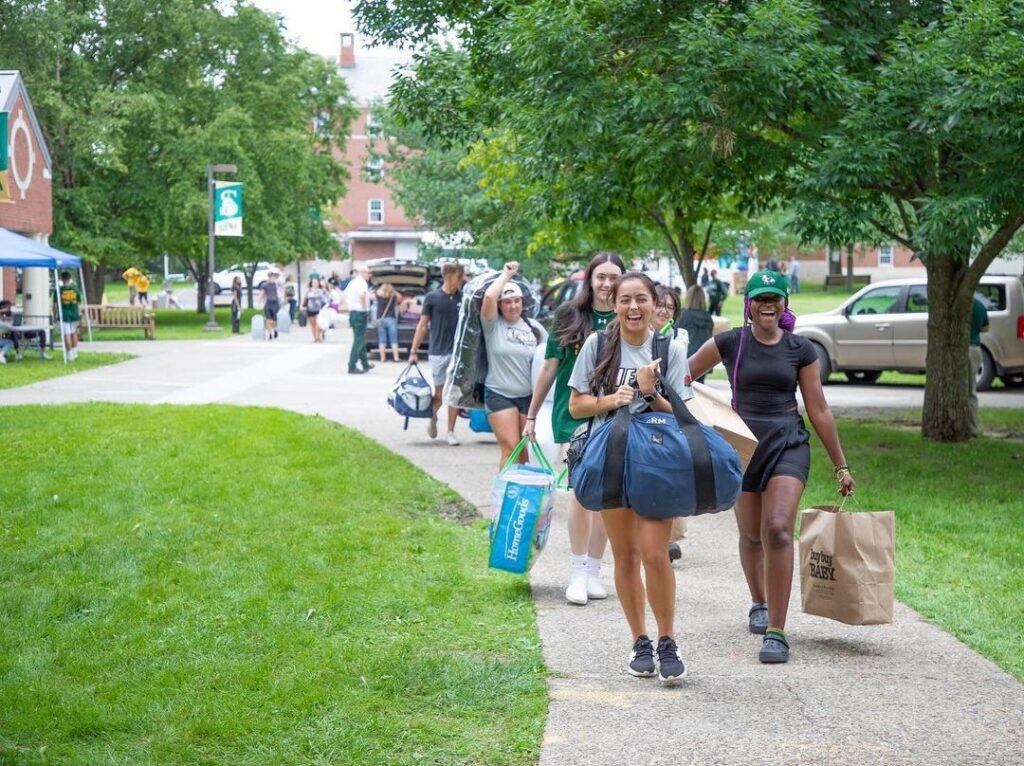
As a Junior, I was lucky enough (if you can call it that) to only experience the pandemic during my college years and not have high school opportunities taken away from me. I can’t imagine the dreams and expectations that some of you have had to change as rules and regulations influenced how your school functioned. Although I will never fully understand what you went through, I can tell you that Siena has made the most out of the pandemic and the campus continues working hard to try and have opportunities for students, faculty, and staff to participate in social and academic events.
Siena College is a community built on respect and hard work. Here, we value integrity and compassion as we push one another to be the best versions of ourselves in and outside the classroom. Our Franciscan roots influence and guide us to work with one another as we find our voices and discover our passions. However, this doesn’t happen overnight, so remember to be patient with yourself as you begin your journey here at Siena. You will have so much time and countless opportunities to take in the lessons that will be shared, and not just the ones given by your professors.
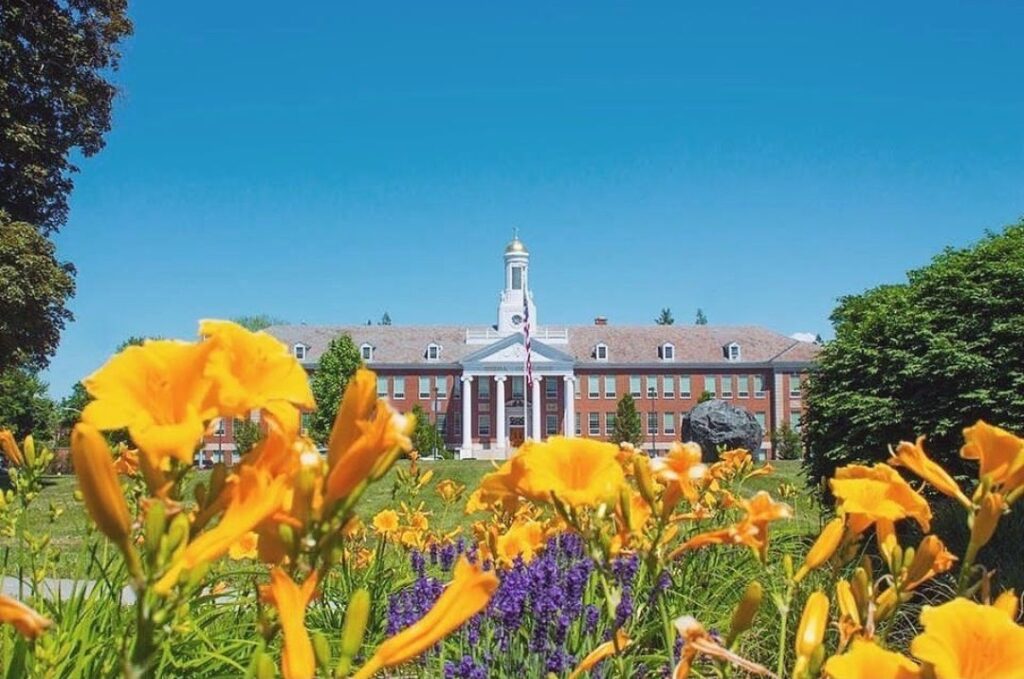
I personally think it’s the little things about Siena that make this college so enticing. The tour guides don’t lie; everyone will hold doors here. When it first snows, you will find students running around the quad in a giant snowball fight, and at the first sign of warm weather, they are in the exact same place, laying on blankets or throwing a frisbee. We have food trucks and lawn games on Wednesdays and a line out the door to the dining hall for chicken nuggets on Fridays. Your Saint orientation leaders will continue to be friendly faces in the crowd as you navigate through your freshman year, and the friars are always there to wish you a good day.
I know this class will be willing to run with the punches and make the most of your time here, just as you have been doing through high school, but I want you to know that it’s okay to be nervous. This is the time you have all been waiting for, and it will be a big step. I’m not going to lie; there will be long nights of studying and longing for home-cooked meals. However, there will also be club meetings filled with laughter and games and memories made with new friends that will last a lifetime. Siena College is here to support you as you navigate through this new chapter in your lives, knowing that you will accomplish amazing things in your own way.
Have a great summer Saints; congratulations to the Class of 2022 and I can’t wait to see the rest of you in the Fall!
